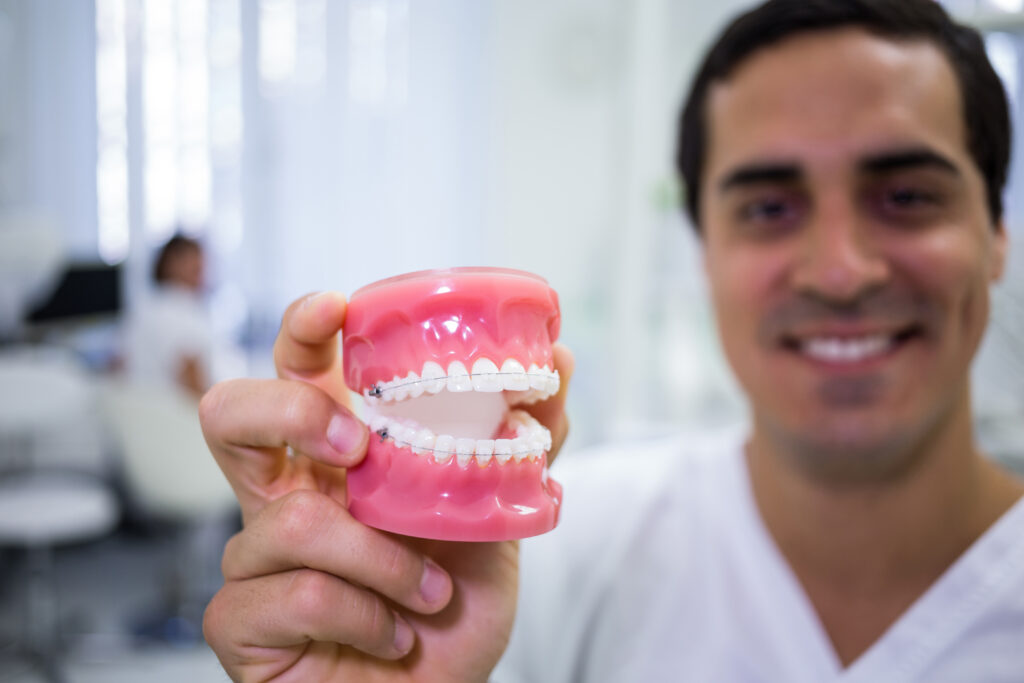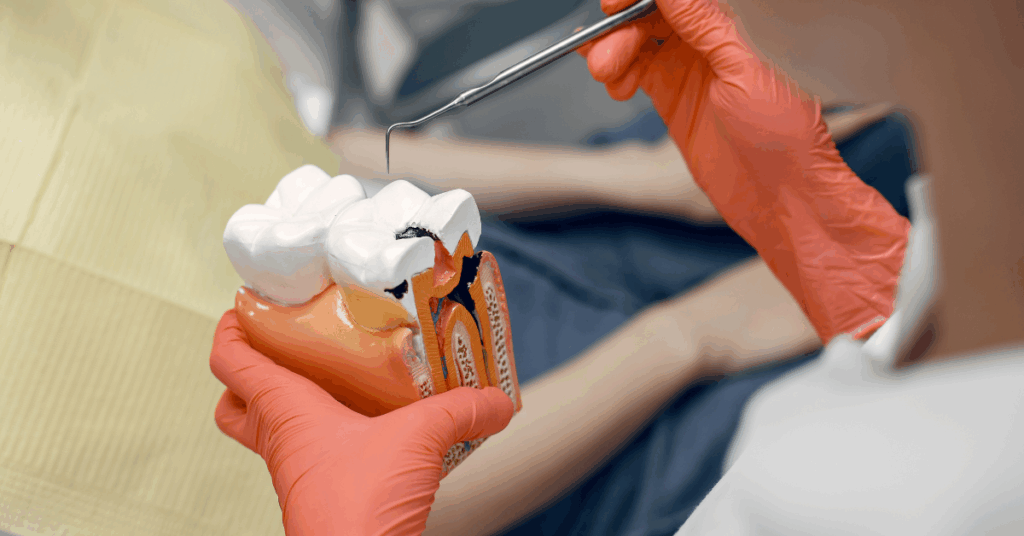Types of Dentures: Full, Partial, and Implant-Supported

If you are missing teeth, you may feel unsure about your smile or have trouble eating. A trusted dentist in Wilmington, DE, can help you understand your options and restore your confidence. Dentures are one of the most common and effective ways to replace missing teeth. They are custom-made to fit your mouth and improve both […]
Are Dental Implants Safe? What Patients Need to Know

When you are looking to replace a missing tooth, it is normal to wonder if the process is safe. Dental implants have become the most popular choice for restoring smiles because they are designed to act just like your real teeth. If you are talking to a dentist in Wilmington, DE, you will learn that this […]
Root Canal Recovery: What to Expect After Treatment

Getting a root canal often feels like a significant hurdle, but the truth is that the treatment is designed to relieve pain, not cause it. If you have just visited a dentist in Wilmington to save a damaged tooth, you might be wondering what the next few days will look like. Understanding the healing process […]

